Burgum Budget Misses Working Families; Shows Promise in Other Areas
BISMARCK, ND — Gov. Doug Burgum today introduced a budget proposal that included an investment plan for Legacy Fund earnings, a $1.25 billion infrastructure bonding bill, a raise for some public employees, and reforms to Medicaid funding in North Dakota. One major hole in the spending plan is support for working families through paid family leave, childcare, and rental assistance, which would address some of the most pressing concerns for North Dakotans most affected by the pandemic while also supporting economic growth. The governor’s Legacy Fund plan and bonding plan are similar to those introduced by Dem-NPL leaders earlier this year.
Dem-NPL House Leader Josh Boschee said:
“There’s a lot to like in the governor’s budget, including a raise for public employees, although it needs to be across the board for public workers who have risen to incredible challenges this year. It’s great to see long-term planning for the Legacy Fund similar to the proposal we introduced to fix the legislature’s routine use of these earnings just to backfill the budget. The investments in entrepreneurs and research are important to diversify the economy, but we ultimately can’t meet this goal without comparable investments in working families through paid family leave and assistance for rent and childcare. A sprinkle of support in these few areas where the market struggles to meet demand would mean a world of independence for working families and create a strong base for the North Dakota economy.”
Dem-NPL Senate Leader Joan Heckaman said:
“As we said this summer, an infrastructure bonding plan will mean a strong investment in rural communities where we need to support economic growth. I’m going to research the proposed changes to Medicaid reimbursement and the effect on critical access hospitals in rural North Dakota, which were facing serious challenges even before the pandemic. What’s clearly missing in this budget, though, is support for childcare, which is a critical service for working families that keeps our economy moving. Working families face some dire choices, and with a modest investment, we can relieve a serious strain made worse by the pandemic.”
###

